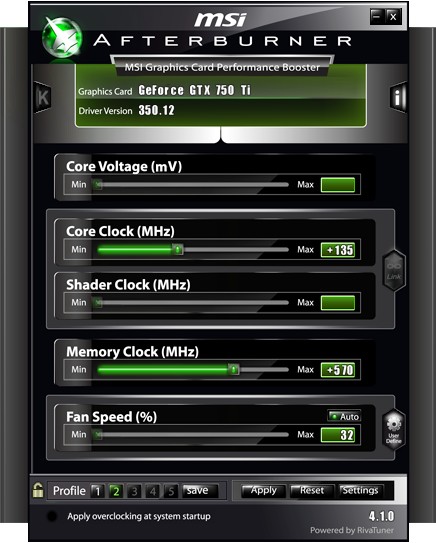

Even if it’s open source, that doesn’t mean enough people are actually really examining the code to make sure it’s safe. Who is auditing these for security? Most of us who use Linux do so in part for the security advantages, but it defeats the point to then download a bunch of unaudited or low-audited material. But in Lutris, for example, there seems to be a lot of custom script-writing and download choices. If it’s a clean download from the source material, like via Steam or another major game store, there is minimal security risk. Last thing, and this is related to #2, is the security element. in a single and transparent client UI would be amazing. A unified, Ubuntu-based gaming client that can manage Lutris, Crossover, Steam, other game stores, etc. If the idea is to help recreate a Windows-like experience on Linux, there needs to be ease of use and not 50 different tools people have to download to get their games to work.


So my second point would be anything Canonical could do to help streamline these different compatibility tools and get them working together, at least from the user’s perspective. For example, Crossover can install the client and run some of the games, but its database isn’t always current so it’s hard to know what is going to actually work before buying and trying it.

Anything Canonical can do to either work with NVIDIA to help patch their proprietary drivers for Linux more quickly and efficiently, and/or to improve the performance of the proprietary NVIDIA drivers, would be great.Īs for Steam, that’s all fine, but what about the games that aren’t on Steam and run in other game stores which don’t have a Linux client, like the EA Games store or (Activision-Blizzard)? We have Lutris (free, functionally hit or miss), Crossover (paid, functionally works well on supported applications but many are unsupported), etc., and there’s no easy, integrated management platform to run these things. Most of the purely technical problems I’ve had with gaming on Linux seem to revolve around NVIDIA graphics card drivers, where the open source driver isn’t nearly as good as the proprietary driver performance-wise, but the proprietary driver can also be buggy and there’s no way to know what the bug is since, of course, it’s proprietary.


 0 kommentar(er)
0 kommentar(er)
